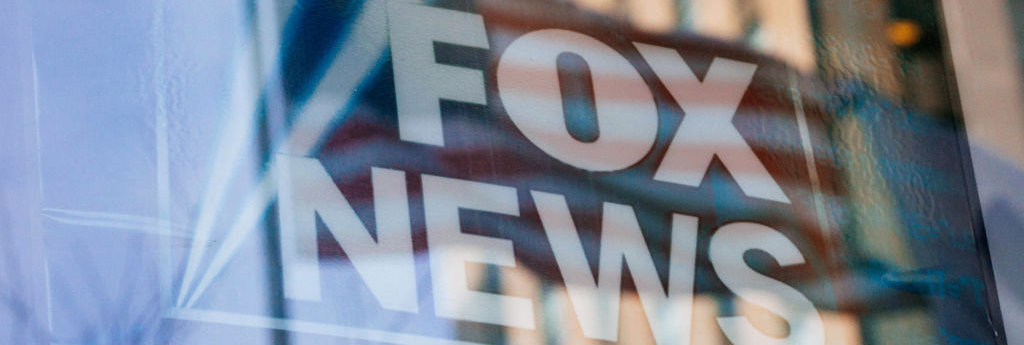As scientists work to determine which experimental drugs could prove effective in fighting COVID-19, there are emerging disparities in what treatments Americans see as effective. The latest Economist/YouGov Poll shows vast differences based on which cable news network Americans watch the most—despite the fact that no treatments have been proven effective by the US Food and Drug Administration.
President Donald Trump has pushed hydroxychloroquine—normally used to treat malaria—as a promising treatment for COVID-19. In early April, he told Americans “There are some very strong, powerful signs” that the drug could potentially treat the coronavirus, adding at a later briefing that very ill patients should consider taking it because “What do you have to lose?” There are indications that complications from the drug can lead to cardiac arrest.
Despite the medical community's uncertainty, Fox News continues to mention hydroxychloroquine as a potential treatment. On Wednesday, after Dr. Anthony Fauci discussed how a different drug, remdesivir, could reduce the recovery time for those infected with COVID-19, Fox News’ Laura Ingraham said Fauci should “apply that same logic to hydroxychloroquine.”
It’s something that resonates with their viewers. Seven in 10 Fox News viewers (70%) believe hydroxychloroquine is very effective or possibly effective in treating COVID-19, according to the most recent Economist/YouGov Poll. That’s more than double the percentage of Americans overall (33%) who think the malaria drug could be an effective treatment, and more than six times (11%) among Americans who watch non-Fox cable programs (such as MSNBC, CNN, or another outlet).
There is a majority consensus that social distancing is the most effective way to prevent the spread of COVID-19 across the general public (83%), Fox News viewers (83%), and Non-Fox cable viewers (93%).
But, as mentioned, a majority of Fox News viewers also believe hydroxychloroquine (70%) is very or possibly effective. A majority in this group also believe UV-light exposure (63%) is possibly effective—more than double the percentage of Americans overall (28%) who believe UV light could be an effective treatment for COVID-19.
The Economist/YouGov Poll was conducted a few days after the White House Coronavirus Task Force briefing on April 23 where President Donald Trump said: “So, supposing we hit the body with a tremendous, whether it’s ultraviolet or just very powerful light, and I think you said that hasn’t been checked, but you’re going to test it. And then I said, supposing you brought the light inside the body, which you can do either through the skin or in some other way…”
Very few Americans support the other suggestion made at that briefing: the possible use of disinfectant in the body via injection or ingestion to treat coronavirus. Just one in twenty Americans (5%) believe this could be an effective treatment, about the same as Fox News viewers (6%) and non-Fox cable viewers (5%).
See the toplines and crosstabs from this week’s Economist/YouGov Poll
Related: Most Americans have not heard of Remdesivir, the experimental COVID-19 drug
Methodology: This Economist/YouGov survey was conducted by YouGov using a nationally representative sample of 1500 US residents interviewed between April 26-28, 2020. Within this article, “Fox News viewers” were defined as those who said cable news was their main source of news then answered the question, “Which cable news network do you watch the most?” with Fox News. Respondents who selected “CNN,” “MSNBC,” or “Other cable news network” were categorized as “Non-Fox cable watchers.” The margin of error for the overall sample is +/- 3.2 points.
Image: Getty












